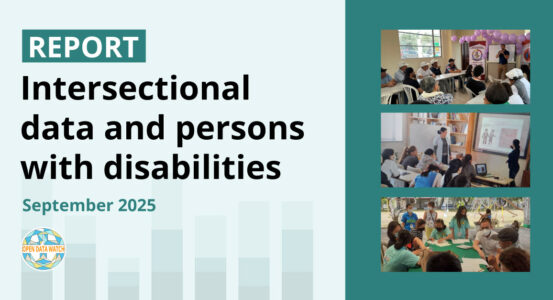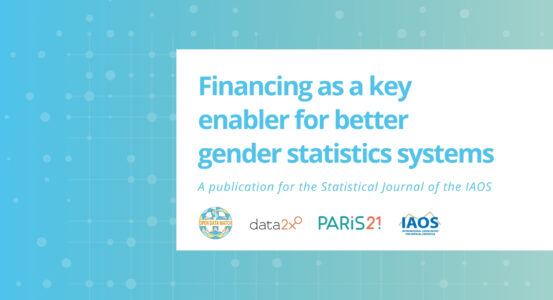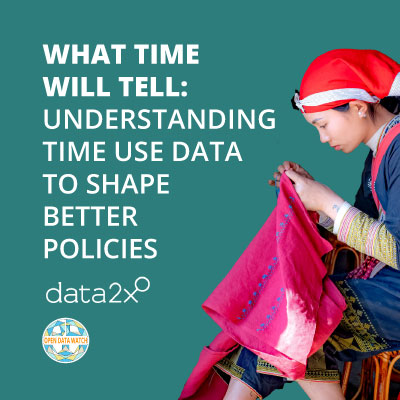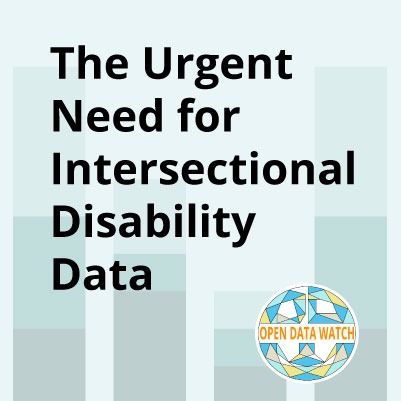FROM DATA
Empowering development
with open, comprehensive,
and inclusive data.
FROM DATA
TO ACTION
Empowering
development with
open, comprehensive,
and inclusive data.
Open Data Watch is an international, non-profit organization working at the intersection of open data and official statistics. Our work supports institutional change to build a world where data systems not only inform policies and track progress but also reflect and respect the people they serve. We deliver a wide range of services across three intersecting areas of work: policy advice, data support, and monitoring. Discover some of ODW’s contributions below:
The Open Data Inventory (ODIN) monitors the availability and openness of official statistics to help countries identify and address gaps.
The Data Value Chain clarifies the complex path of how raw data ultimately results in concrete impacts that improve lives.
The Gender Data Compass serves as a practical guide to understand national gender data systems and their enabling environment.
The Intersectional Data Framework highlights how inclusive data systems can address inequalities and empower communities for better development outcomes.










